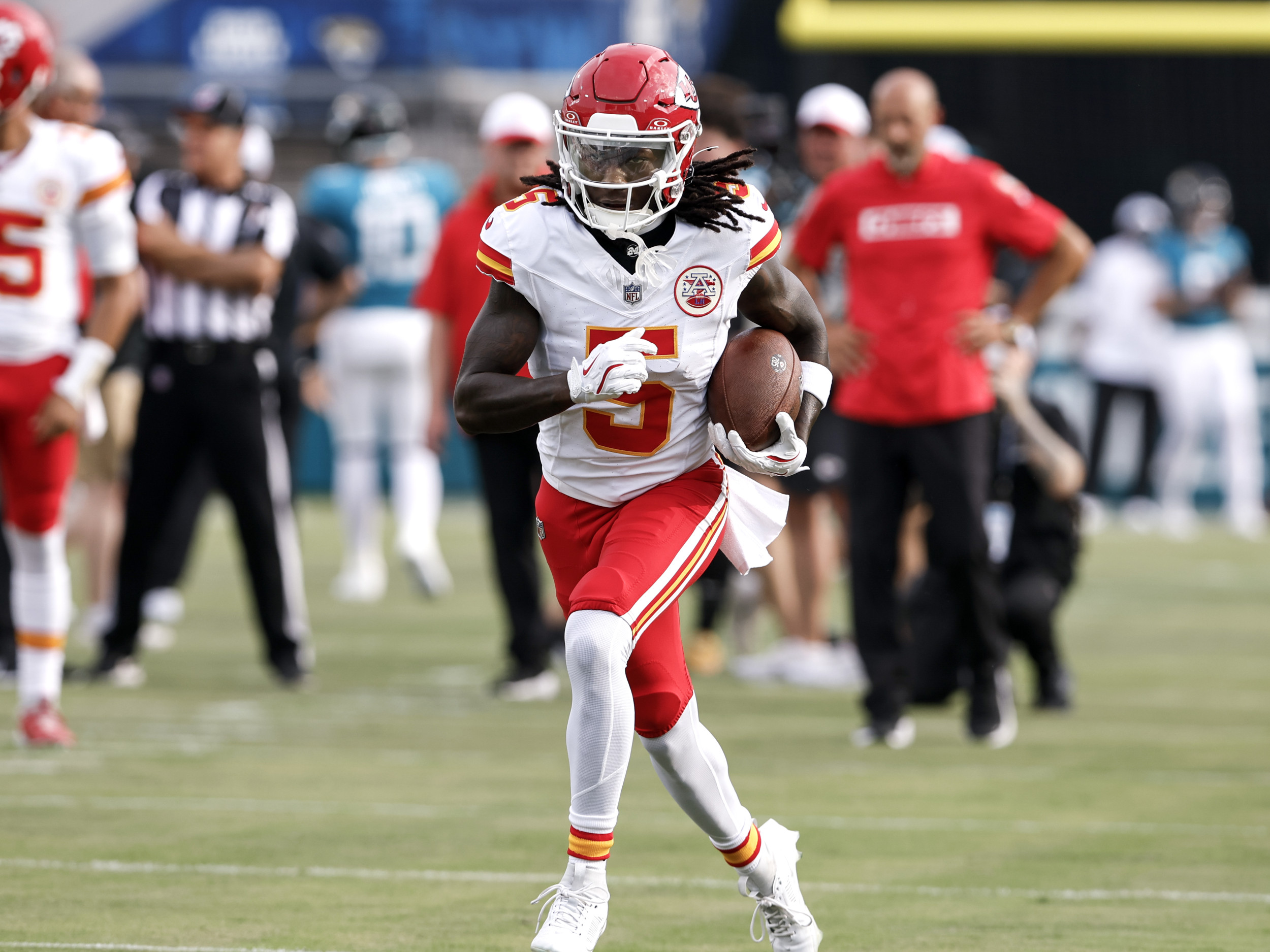A representative of the Lebanese Hezbollah movement has announced to Newsweek the group's victory after Israeli Prime Minister Benjamin Netanyahu won the backing of his cabinet for a ceasefire approval.
Netanyahu said during televised remarks Tuesday that he would recommend an agreement to halt the conflict in Lebanon, which intensified substantially in recent months amid a simultaneous war between Israel and the Palestinian militant group Hamas in the Gaza Strip. Israel has been engaged in battles on multiple fronts in the Middle East since Hamas led a surprise attack against the country on October 7, 2023.
Shortly after Netanyahu's announcement, a spokesperson for Hezbollah told Newsweek that the group, which was involved indirectly in United States-backed negotiations via Lebanese Parliament Speaker Nabih Berri, had yet to be officially notified of the plan.
"We have not been informed of Israel's approval until now except through the media," the Hezbollah spokesperson said. "We will wait for the document."
Still, the Hezbollah spokesperson affirmed that, despite the heavy blows dealt to the powerful organization throughout the conflict, it remained "strong in the field and with every day that passes we become stronger."
"Israel was defeated," the spokesperson said. "It only killed innocent people."

Newsweek reached out to the Israel Consulate General in New York for comment.
Israeli media reported that Netanyahu's cabinet quickly voted in favor of the ceasefire deal, the contents of which have yet to be made public. The deal is widely believed to include a 60-day pause in fighting, though it was unclear when that may take effect.
Clashes continued on Tuesday as the Israel Defense Forces (IDF) conducted heavy airstrikes across the neighboring country, including the capital Beirut, in parallel with a ground offensive in southern Lebanon. Hezbollah also claimed nearly a dozen operations that same day.
Lebanese Prime Minister Najab Mikati condemned Israel's ongoing attacks and called on the international community to ensure the ceasefire came into effect immediately.
"Targeting Beirut in particular proves the enemy's hatred for it," Mikati said in a statement Tuesday. "The international community is required to act quickly to stop this aggression and implement an immediate ceasefire."
Hezbollah began a campaign of cross-border attacks just a day after Hamas' large-scale attack last October. Other groups of the Iran-led Axis of Resistance coalition have also launched attacks against Israel from Iraq, Syria and Yemen, while Israel and Iran have engaged in two rounds of unprecedented direct strikes against one another.
Days after killing longtime Hezbollah Secretary-General Hassan Nasrallah amid an intensive air campaign in Lebanon, the IDF announced in September that it would begin a "limited" land incursion into southern Lebanon. Netanyahu has said that the goal of the campaign was to restore security and return displaced communities to Israel's largely evacuated northern border region.
Nasrallah's successor, Sheikh Naim Qassem, said during an address last week that Hezbollah was participating in ceasefire talks with two overarching objectives, "stopping the aggression completely and comprehensively" and "preserving Lebanese sovereignty, meaning that the Israeli enemy has no right to violate, kill, or enter whenever it wants under different titles."
This is a developing story and will be updated when more information is available.



















 English (US) ·
English (US) ·